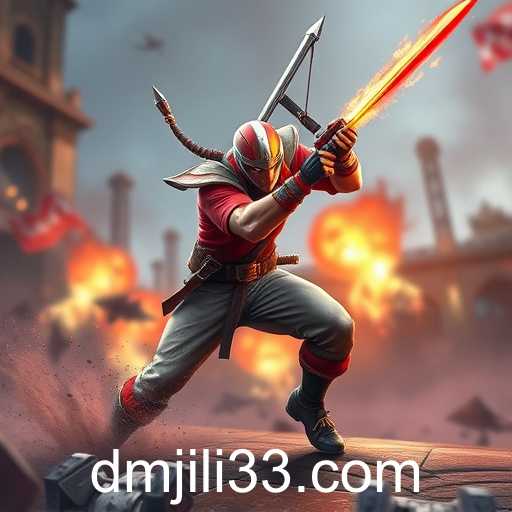In the rapidly advancing digital age, online gaming has burgeoned into a multi-faceted realm of entertainment and community. The keyword 'dmjili' has surfaced as a notable term associated with an English game website, exemplifying the dynamic nature of the gaming world. As of now, the year 2025 continues to spotlight significant shifts within this online sphere, primarily driven by the increasing engagement with virtual communities.
Gaming communities have transformed from niche groups into massive networks of interconnected players. These online communities foster social interactions and collaborative gameplay, creating an inclusive environment for players worldwide. With platforms like Twitch and YouTube Gaming amplifying this phenomenon, gamers find themselves immersed in expanded social circles that transcend geographic boundaries.
This boom in community-based gaming spurs developers to innovate continuously. Game development now heavily emphasizes multi-player functionalities and community-driven content, aligning with evolving player expectations. As a result, creators integrate features that encourage collaboration, competition, and customization, ensuring their titles remain relevant and exciting.
Moreover, discussions surrounding regulation and moderation in these communities have intensified. Many argue for stricter oversight to mitigate issues such as toxicity and cyberbullying, advocating for safer gaming environments. On the contrary, there's a need to balance community freedom and regulatory measures, maintaining the dynamic yet respectful nature of these spaces.
Looking ahead, gaming communities will likely play an even more integral role in the entertainment industry. They promise to influence more than just game preferences but also cultural trends and technological adaptations. As new entrants continue to flood the market, the evolution of these communities will undoubtedly spark further dialogue about their impact on both the gaming industry and society at large.








